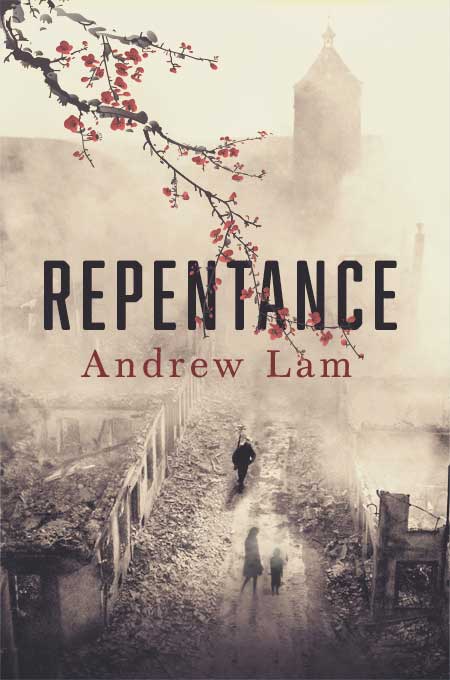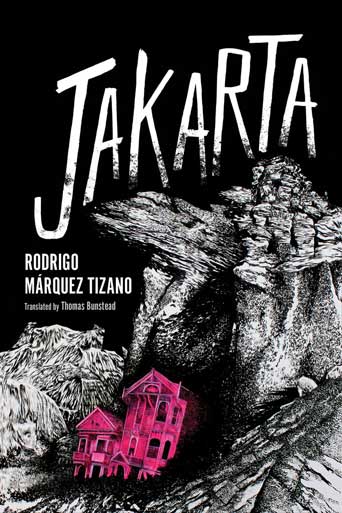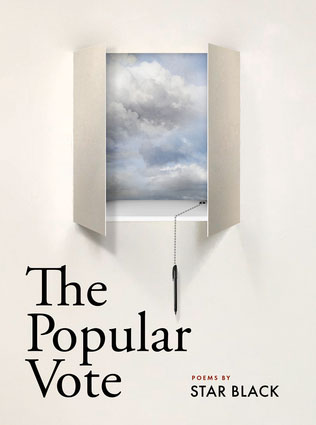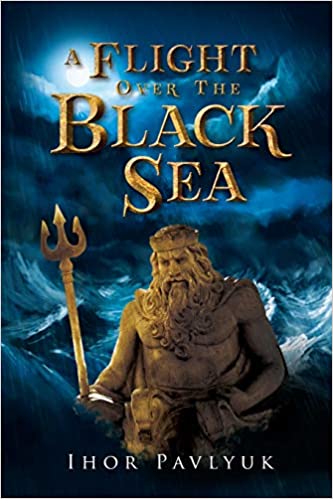REPENTANCE
BY ANDREW LAM
When the pandemic began, I tried desperately to avoid reading anything anyone I knew might be reading. That meant books like Defoe’s A Journal of a Plague Year, Camus’ The Plague, Margarate Atwood’s The Year of the Flood, which within a matter of days sold out from suppliers like Amazon and Thriftbooks. Because, by nature, I am quite anarchic, I resolved to support independent presses during the pandemic, and one of the first books I acquired after a student recommendation, Andrew Lam’s Repentance, arrived from Tiny Fox Press. Repentance details the complex, often violent, relationship between Daniel Tokunaga and his World War II-veteran father as Daniel traces his father’s World War II journey to France and learns of his father’s true heroism as a member of the 442 Regimental Combat Team.
JAKARTA
BY RODRIGO MARQUEZ TIZANO
Next, Rodrigo Marquez Tizano’s Jakarta arrived from Coffee House Press. Jakarta reads like a futuristic retelling of Camus’ The Plague, so I didn’t avoid pandemic-themed literature totally. Just as Camus’ The Plague depicts the internal and external horrors of a city under quarantine, so does Jakarta, but it adds a twist: its main character owns a strange reality-distorting stone that offers glimpses into deserted areas of his memory. Jakarta is philosophical, damning, and a critique of a sports-crazed society on the brink of disaster that could very well be ours.
THE POPULAR VOTE
BY STAR BLACK
Because the pandemic and its onslaught undoubtedly became politicized, I found myself craving poetry with flavored with rebellion and sprinkled with political protest. This came in the form of Star Black’s The Popular Vote, published by Saturnalia Books, a press with which I became familiar after taking a spectacular workshop with Christopher Salerno at SAW in upstate New York. The Popular Vote weaves imagistic collage with political commentary and blend the personal with the national to show the importance of being an informed and politically involved individual that dares to defy the masses.
A SINGLE MAN
BY CHRISTOPHER ISHERWOOD
As we all know, bookstores and book retailers suffered, and continue suffering, heavily during the pandemic. I decided to check out Alibris.com, from which, for a whopping $1.23, I received a copy of Christopher Isherwood’s A Single Man, originally published by University of Minnesota Press. As a professor, I relate to the main character, George, and his struggle to understand who he is as a professor and the various existential crises that he faces as he not only meanders through the grieving process after losing his partner, Jim, but also reckons with his purpose as an educator. Most of us in higher education are probably having quite a few George-moments right now as we face pay cuts, furloughs, questionable administrative decisions, and a plethora of other problems that distance-learning and a volatile academic future present.
A FLIGHT OVER THE BLACK SEA
BY IHOR PAVLYUK, TRANSLATED BY STEVE KOMARNYCKYJ
Last, I returned, thanks to Waterloo Press, to a land with which I am well-acquainted—Ukraine. As the daughter and granddaughter of Western Ukrainians, I have always felt that Ukraine’s sunflowered steppes and bucolic wilds were more my home than anywhere. Via Ihor Pavlyuk’s A Flight Over the Black Sea: Selected Poems, translated by fellow Ukrainian Steve Komarnyckyj, I returned to nights filled with pagan rituals blended with devout Catholicism, rivers and fields housing memories and ancestry, and my own memories of a childhood spent with my grandmother, who taught me arts like rushnyk (embroidered towel) sewing, varenyky-making, and pysanka (the elaborate Easter eggs for which we Ukrainians are so famous). The poems in this collection reminded me that home, so often, is not the place in which we live.




